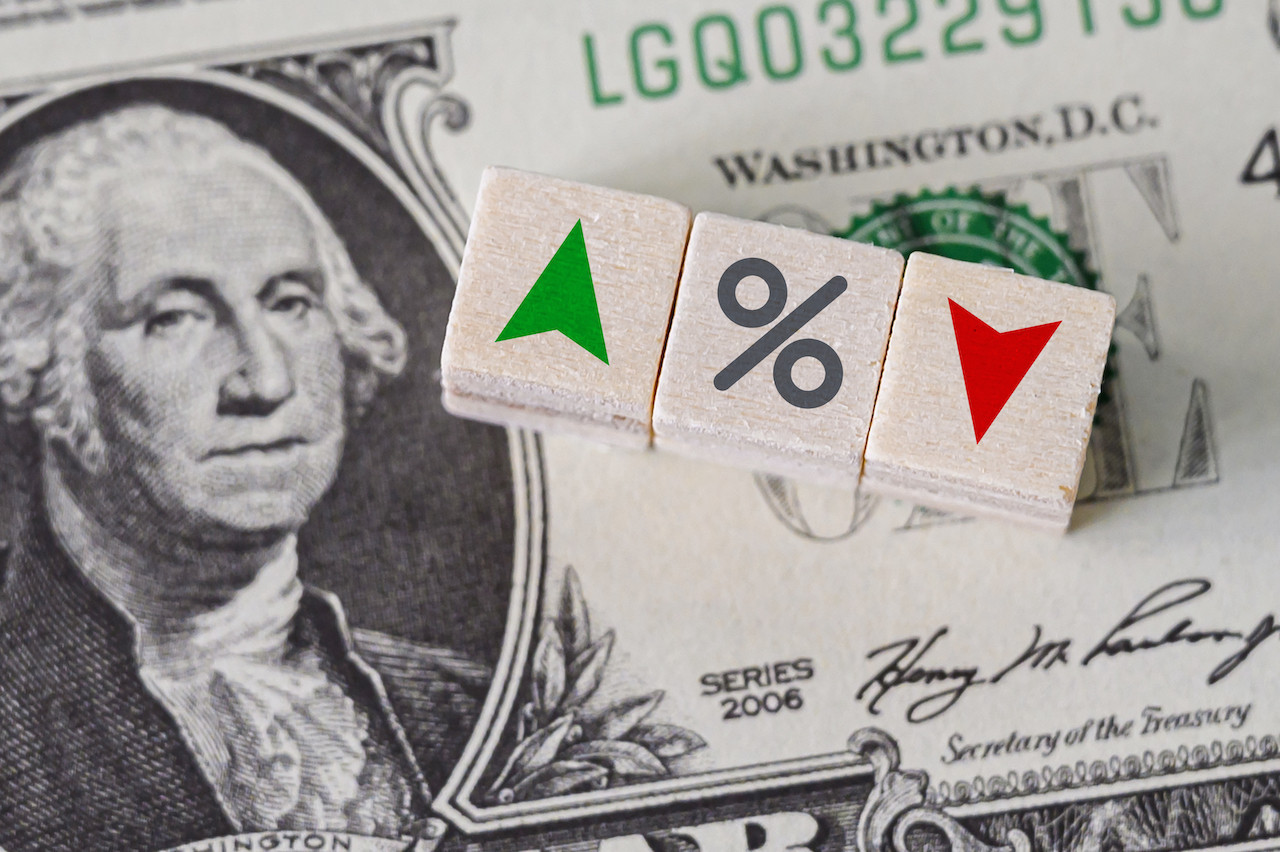It is now a foregone conclusion that the Fed will decide to raise rates at its next meeting on 1 and 2 November. The publication by the Labor Department on 13 October of an annualised inflation rate of 8.2% for September makes this almost a pressing obligation. Inflation remains high despite the rapid and significant increases in the main US central bank rates. Rates were hovering around 0% in March. What is worse, the increase in underlying inflation is not weakening. It has even exceeded analysts’ expectations at a level of 6.6%.
This reinforces the "bellicose" discourse of Jerome Powell and his main lieutenants, for whom the fight against inflation is a priority and comes before the interests of companies and households. "Reducing inflation has unfortunate collateral costs. But if we do not succeed in restoring price stability, the pain will be much greater," the Fed boss reminded us at at the end of August.
From analysis to credo
The Fed's entire policy is based on one premise: monetary tightening will not lead to a recession. But since 1950, the twelve phases of monetary tightening in the US have produced nine recessions...
This theme of the impossibility of a recession is repeated so often that it has become more of a credo than an objective analysis. And it is the Fed that is saying it!
At the end of July, the Fed published a little-noticed study that casts doubt on the statements of its own leaders--it can be found . The study focuses on the effect of the Fed's monetary policy tightening after the end of the First World War. It was a period of high inflation that the Fed fought as it does today, by raising rates to undermine a strong labour market and thus reduce consumer demand. The result was a deep recession. The labour market adjusted faster than policymakers could react and they were overwhelmed. Overwhelmed as Jerome Powell was when he said a few months ago that inflation was not a problem...
Independence in question
Will the same causes produce the same effects? In any case, the Fed, with its independence, does not seem to want to deviate from its line of conduct. That runs the risk of dragging the United States into recession, and in its wake, all the world's economies.
The European Systemic Risk Board at the European Central Bank of a risk of liquidity drying up as a result of the massive inflow of cash to America where rates are highest. Such moves are usually the trigger for violent crises in emerging markets. There are early signs that this is happening. Worse, the move now seems to be affecting the UK.
For the ESRB, the Fed's policy carries systemic risks for Europe's financial stability. Rising interest rates in the midst of an economic slowdown could affect the ability of households and businesses to meet their debts and, in turn, affect European banks. Banks that are already under pressure from the volatility and even possible fall in financial asset prices.
When this crisis is over--whatever the outcome--we will have to ask ourselves the right questions when it comes to drawing lessons from it. And among them will be the issue of central bank independence and accountability.
Read the original version of this editorial column in French on the site. This article was published for the Paperjam+Delano Finance newsletter, the weekly source for financial news in Luxembourg. .
